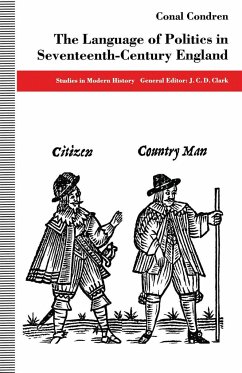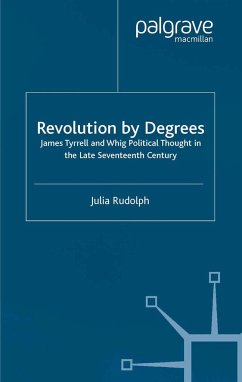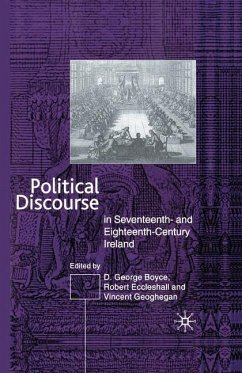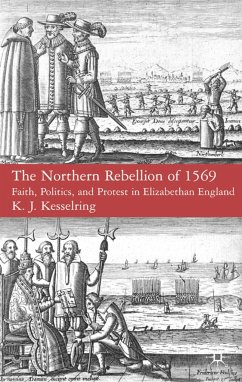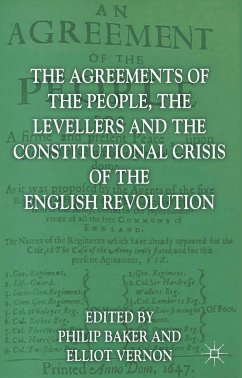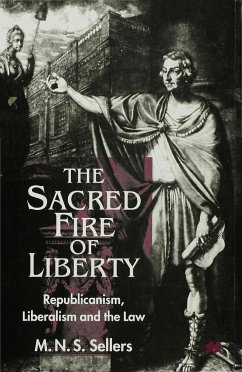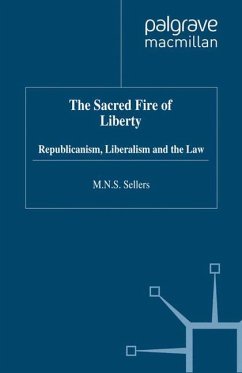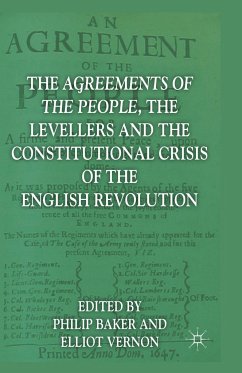
The Language of Politics in Seventeenth-Century England
Versandkostenfrei!
Versandfertig in 6-10 Tagen
113,99 €
inkl. MwSt.
Weitere Ausgaben:

PAYBACK Punkte
57 °P sammeln!
This linguistic study outlines the fugitive nature of 17th-century political discourse and the pressures making its vocabulary susceptible to anachronistic reconstruction, and charts the changing relationships between the words "subject", "citizen", "resistance" and "rebellion".
This is a study of the words of political discourse in seventeenth-century England from which we now reconstruct its theories. Taking its starting point in modern theories of language,intellectual history is first reconceptualised. Part 1 presents an overview of the political domain in the seventeenth century arguing that what we see as the political was fugitive and subject to reductionist pressures from better established fields of discourse. Further, there were strong pressures leading towards an indiscriminate and relatively general vocabulary, in turn facilitating the imposition of our anachronistic images of political theory. Part 2 focuses on a sub-set of the political vocabulary, charting the changing relationships between the words subject, citizen, resistance, rebellion, the coinage of rhetorical exchange. The final chapter returns most explicitly to the themes of the introduction, by exploring how the historians own vocabulary can be systematically misleading when taken into the context of seventeenth-century word use.



